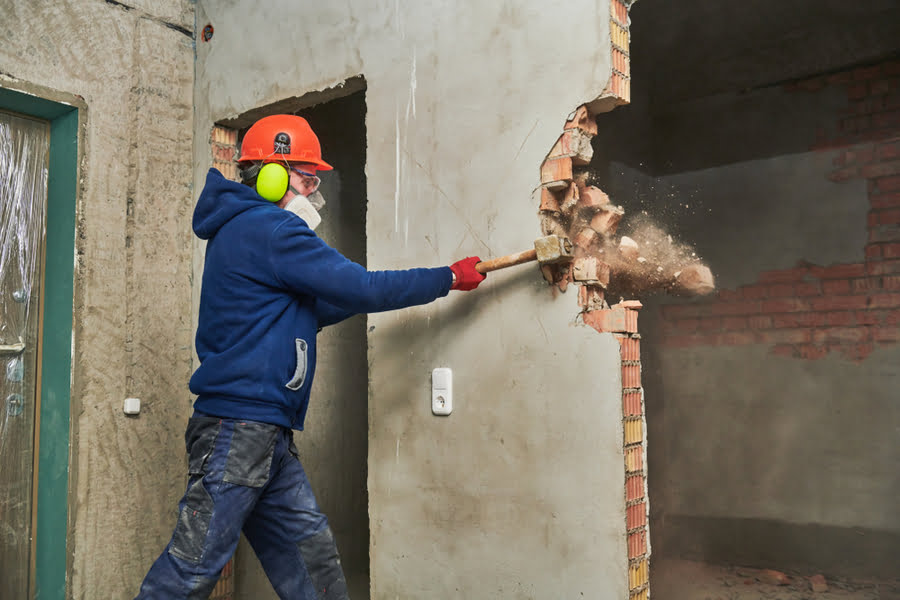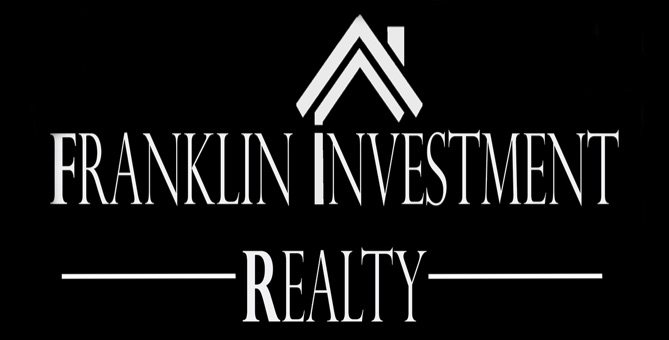Should I Renovate or Buy: 5 Things to Think About Before Deciding

When your house needs a lot of significant repairs to stay functional and comfortable for you and your family to live in, you may think the best choice is walking away from your current home and buying a new one. This is the right choice for some people, but others prefer to invest money into their current homes. If you are trying to decide which option is right for you, here are five things you need to think about. When you’re ready to purchase a Philadelphia-area home, connect with the Franklin Investment Realty team! Budget The size of your budget is the biggest factor in whether you should buy a new home or improve your current one to meet your needs. A new house is a huge expense, and even if you qualify for financing, you need to have a sizeable down payment. Your current home may need a lot of work to stay in good condition. You may want to contact a contractor to get an estimate on how much the repairs will cost. If the work will cost more than buying a new home, it’s not worth sinking money into the project. However, this is usually the more cost-efficient option. Current Real Estate Market The state of the current real estate market also has a huge impact on your decision. If the housing market is strong, you can expect to spend a lot of money on buying a new house. You may also have trouble purchasing the house you want because there are multiple offers as soon as it hits the market. When the housing market is slow, you may be able to find the house of your dreams for a better price with less competition. The state of the market also affects the price you will get for your current home if you decide to sell it. Emotional Attachment One study shows that 70% of Americans have emotional attachments to their homes. If you feel a strong connection with the house you currently live in, you may not be ready to move if you decide to buy a new house. Your emotional health may benefit more from upgrading your current home to meet your needs. Timing Many people find the process of buying a new house and moving stressful. If you have other life changes that are stressing you out, now is probably not a good time to move. Only consider moving if you’re not in the middle of a major change such as bringing home a new baby, starting a business or adopting a pet to reduce stress. Credit Score You need a good credit score to get a loan for a new house. If your credit history isn’t the best, you probably aren’t in a position to buy a new house at the moment. You may need more time to improve your credit score, or you can think about applying for alternative mortgage solutions. One good option for veterans is a VA loan. This option doesn’t require you to pay for private mortgage insurance and usually has a little to no down payment feature. VA loans also feature better interest rates than most other types of financing. Review current VA loan rates to determine your best options. Deciding whether to buy a new home or update your current one can be difficult. Think about these five things to make the best choice for you and your family. – Shirley Martin
9 Ways to Properly Dispose of Demolition Debris

Construction and demolition (C&D) waste is produced during the construction, renovation, repair and demolition of homes, significant constructions, roads, bridges, locks and dams. Construction and demolition (C&D) waste are unlike everyday waste. You can’t just throw it in the trash, and your local dump truck can take it away. If you have significant debris, especially demolition or construction waste, you will need to organize your disposal differently. Credit: KnockItDown.com Some of the waste generated during the construction process can be eliminated. For example, a durable modular metal system for concrete construction may be picked to be effortlessly disassembled and reused in future projects, thereby avoiding wood waste in plywood and trimmed wood formwork. Disposal of waste can help reduce impacts on human health and the environment. Some of the most common types of construction and demolition debris include: Concrete Bricks Drywall Plaster Metal Roofing materials Glass Wood Wiring Plumbing fixtures Insulation (non-asbestos) Rock Soil How to Dispose of Your junk? Disposal methods based on your type of construction waste: Almost all types of construction debris can be recycled, including tiles, lumber, concrete, metals, plastics, rock, drywall, etc. If you wish to dispose of the debris yourself, you should check with your local facility to see if they can accept it. Also, keep in mind that the transport itself can be a challenge, especially if you have a lot of debris to carry. Construction materials classified as hazardous waste must be handled and disposed of following state or federal regulations. When constructing a building, take the time to evaluate the materials you need as accurately as possible and keep the project organized. R&D waste generated during construction may include hazardous, non-hazardous, biodegradable or non-biodegradable debris or waste. Construction and demolition waste collected in trash chutes and containers are transported to diversion facilities via truck. Waste is classification as non-hazardous and hazardous waste. The safe and best disposal methods of construction waste are: Donate: Some construction debris or useless materials can help some local or needy people. Sometimes decorative items or old devices find a new home through donations. Reduce: Choose What You Buy Carefully. Careful planning ensures that you don’t buy unnecessary and unsuitable materials that end up in landfills. For example, you can avoid unnecessary waste from pieces like pipes and wood simply by purchasing a more suitable size and length in advance. Reuse: Think about what leftover materials you could convert for other projects, such as bricks, windows, tiles, etc. It is also possible to transfer materials or exchange them for another construction site and participate in a recall program. Some of these schemes allow you to return the packaging to its original manufacturer. Recycle: Most of your waste is likely to be recycled, including wood, metal, plastic, paper, glass, concrete, drywall, asphalt, and more. Therefore, you need to separate recyclable waste so that collectors can dispose of and process it properly. Often, your materials manufacturer and your disposal company will advise what can and cannot be recycled and how to separate and store it. Rent a Dumpster: Dumpsters are available in various sizes, from 3 cubic meter bins to 40 cubic meter construction dumpsters and can be rented easily. It is the ideal solution for building, demolishing, cleaning houses, roofs, removing yard waste and recycling in bulk. Disposing of hazardous construction waste: Hazardous waste must be treated and disposed of according to the state or country regulations. Few commonly used disposal methods for dangerous construction waste are explained below: Disposal of Mercury-Containing C&D Waste: The items that contain mercury must be isolated and taken to a mercury recycler or consolidation site. It is recommended to label and store mercury contained devices to ensure proper disposal. Disposal of Lead-Based C&D Waste: Remove all lead-containing building materials and store them in containers. Get in touch with your local waste authority for instructions on how to dispose of lead paint residue. Disposal of Asbestos Construction Waste: Asbestos waste must be packaged appropriately in airtight containers. It is packaged and disposed of at an approved disposal site. Demolition waste must not be shredded, shredded, ground, ground, mulched or otherwise treated to improve recovery before disposal. By properly disposing of construction and demolition debris, you can save money and reduce waste. – Erich Lawson
